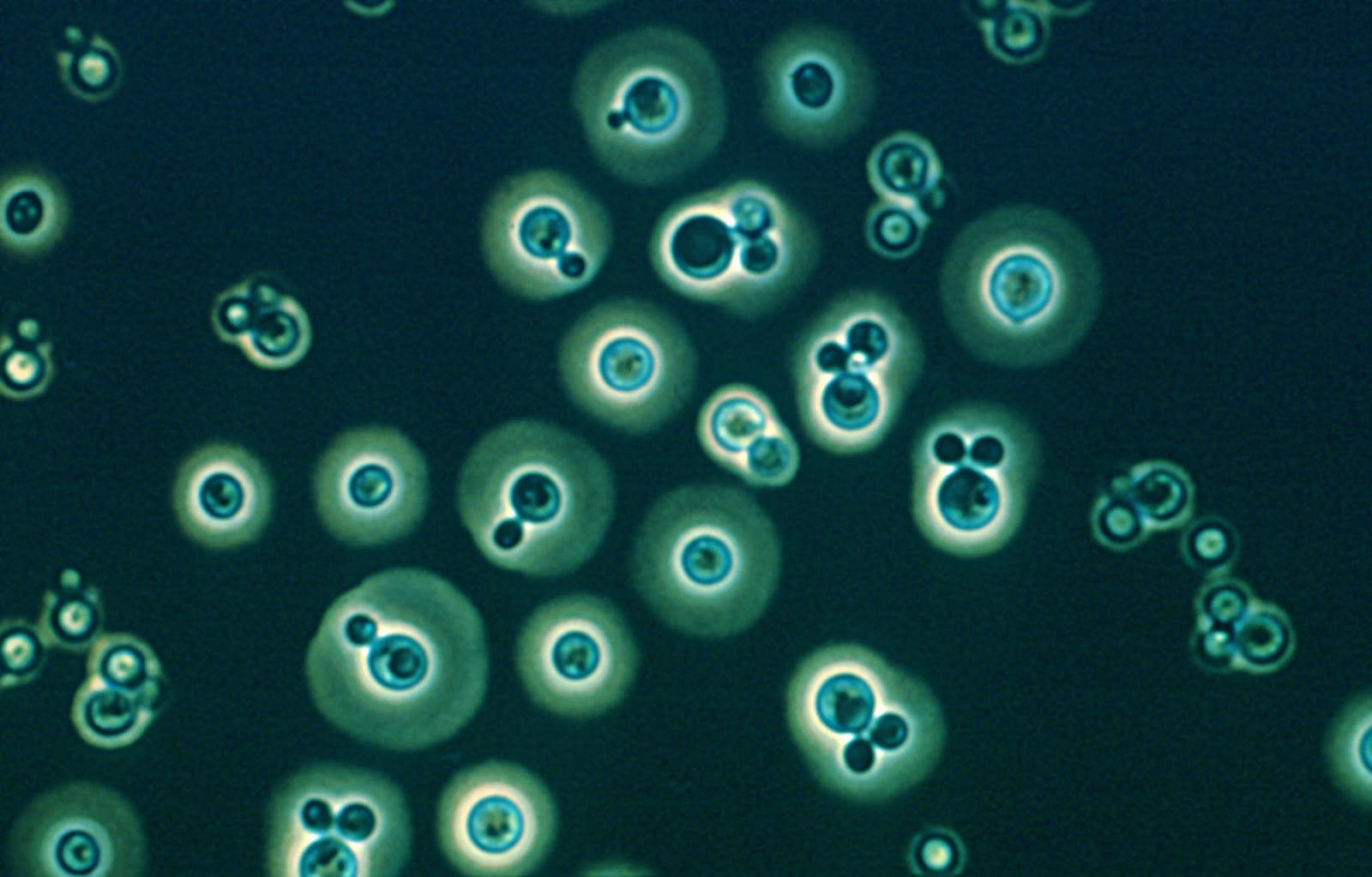

He was lymphopenic (total T cells 400/liter) but not neutropenic at that time. Approximately 3 weeks into starting ibrutinib therapy, the patient developed shortness of breath and pleuritic chest pain. Initial diagnosis of lymphoplasmacytic lymphoma was made in 1998, and previous therapies included rituximab in 2008 and R-Bendamustine in 2012. In this study, we report 2 cases of disseminated cryptococcosis due to Cryptococcus neoformans with central nervous system (CNS) involvement but no inflammation in patients with chronic lymphoid malignancies at our center, both occurring within 1 month of starting ibrutinib therapy.Īn 88-year-old white man with indolent lymphoma started therapy with ibrutinib 420 mg daily in 2015 due to progressive disease. Two cases of cryptococcal infections were reported in the clinical trials for ibrutinib including one death from cryptococcal pneumonia.

Ibrutinib is a Bruton’s tyrosine kinase (BTK) inhibitor used to treat lymphoproliferative disorders that has demonstrated significant improvement in progression-free survival in clinical trials. Cryptococcosis is an IFI that has previously been described in this patient population, particularly associated with receipt of fludarabine or corticosteroids.

Patients with hematologic malignancies including indolent lymphoproliferative disorders have pleiotropic immune deficits due to their underlying disease, placing them at risk for opportunistic infections, such as invasive fungal infections (IFIs).


 0 kommentar(er)
0 kommentar(er)
